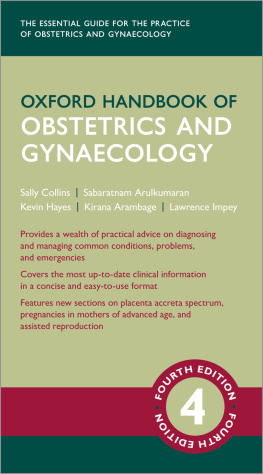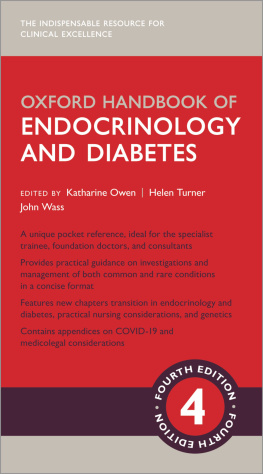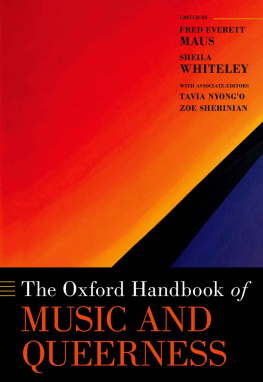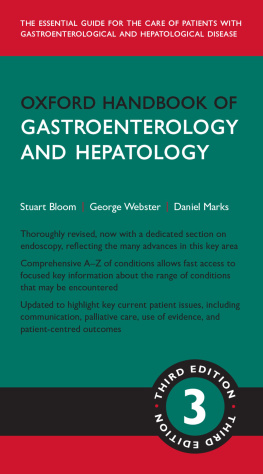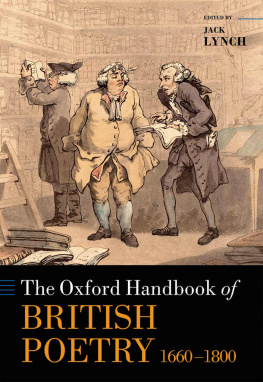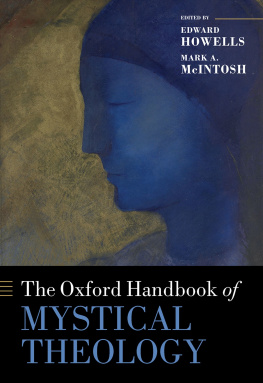THE OXFORD HANDBOOK OF
THEOLOGY AND MODERN EUROPEAN THOUGHT
THE OXFORD HANDBOOK OF
THEOLOGY AND MODERN EUROPEAN THOUGHT
Edited by
NICHOLAS ADAMS,
GEORGE PATTISON,
and
GRAHAM WARD


Great Clarendon Street, Oxford, OX 2 6 DP ,
United Kingdom
Oxford University Press is a department of the University of Oxford.
It furthers the Universitys objective of excellence in research, scholarship,
and education by publishing worldwide. Oxford is a registered trade mark of
Oxford University Press in the UK and in certain other countries
Oxford University Press 2013
The moral rights of the authors have been asserted
First Edition published in 2013
Impression: 1
All rights reserved. No part of this publication may be reproduced, stored in
a retrieval system, or transmitted, in any form or by any means, without the
prior permission in writing of Oxford University Press, or as expressly permitted
by law, by licence or under terms agreed with the appropriate reprographics
rights organization. Enquiries concerning reproduction outside the scope of the
above should be sent to the Rights Department, Oxford University Press, at the
address above
You must not circulate this work in any other form
and you must impose this same condition on any acquirer
British Library Cataloguing in Publication Data
Data available
ISBN 9780199601998
Printed in Great Britain by
MPG Books Group, Bodmin and Kings Lynn
Links to third party websites are provided by Oxford in good faith and
for information only. Oxford disclaims any responsibility for the materials
contained in any third party website referenced in this work.
A CKNOWLEDGEMENTS
The editors are grateful to Oxford University Press for their support throughout the long process of gestation of this Handbook, especially to Tom Perridge and Lizzie Robottom.
C ONTENTS
Nicholas Adams is Senior Lecturer in Theology and Ethics at the University of Edinburgh. He is the author of Habermas and Theology (2006) and The Eclipse of Grace: Divine and Human Action in Hegel (forthcoming). He writes on German Idealism, religious public argumentation, and inter-faith engagement, with special interest in the A Common Word initiative and the philosophical aspects of the practice of Scriptural Reasoning.
Pamela Sue Anderson is Reader in Philosophy of Religion, University of Oxford, and Fellow in Philosophy, Regents Park College, Oxford. Anderson has an MA and DPhil from the University of Oxford and an honorary doctorate from Lund University, Sweden. Andersons publications include Ricoeur and Kant (1993), A Feminist Philosophy of Religion: The Rationality and Myths of Religious Belief (1998), New Topics in Feminist Philosophy of Religion: Contestations and Transcendence Incarnate (2010); and her recently completed, Re-visioning Gender in Philosophy of Religion: Reason, Love and Epistemic Locatedness (2012). Anderson also co-authored with Jordan Bell, Kant and Theology: Philosophy for Theologians (2010). Her ongoing project is In Dialogue with Michle Le Doeuff.
Stephen Backhouse (DPhil, Oxford) is Lecturer in Social and Political Theology at St Mellitus College, London. He is the author of a number of books and articles on history, politics, national identity, and theology, including Experiments in Living (2010), The Compact Guide to Christian History (2011), and Kierkegaards Critique of Christian Nationalism (2011).
Luke Bretherton is Associate Professor of Theological Ethics at Duke Divinity School and Senior Fellow at other Kenan Institute for ethics. He is author of Hospitality and Holiness: Christian Witness Amid Moral Diversity (2006) and Christianity and Contemporary Politics: The Conditions and Possibilities of Faithful Witness (2010). His most recent work examines the relationship between faith, democractic citizenship, and the politics of the common good through a case study of broad-based community organizing and will be published in a forthcoming book as part of the Cambridge Studies in Social Theory, Religion, and Politics series.
David Brown is Professor of Theology, Aesthetics, and Culture and Wardlaw Professor in the University of St Andrews. His most recent work includes a series of five volumes on the relation between the wider culture and revelation and other experience of God. All are available from Oxford University Press, and include God and the Enchantmentof Place (2004), God and Grace of Body: Sacrament in Ordinary (2007), and God and Mystery in Words: Experience through Drama and Metaphor (2008).
Clare Carlisle is Lecturer in Philosophy of Religion at Kings College London. She is the author of Kierkegaards Philosophy of Becoming: Movements and Positions (2005) and Kierkegaards Fear and Trembling (2010). Her English translation of Flix Ravaissons De lhabitude was published in 2008, and her next book will be On Habit, due to be published in 2013.
Conor Cunningham is Assistant Director of the Centre of Theology and Philosophy at the University of Nottingham. He is author of Genealogy of Nihilism (2002) and Darwins Pious Idea: Why the Ultra Darwinists and Creationists Both Get it Wrong (2010). Cunningham also wrote and presented the acclaimed BBC documentary Did Darwin Kill God? aired originally in March 2009.
William Desmond is Professor of Philosophy at Katholieke Universiteit Leuven and David Cook Visiting Chair in Philosophy at Villanova University. He is the author of Being and the Between (winner of the Prix Cardinal Mercier and the J. N. Findlay Award for best book in metaphysics, 19957), Ethics and the Between, and God and the Between. He is Past President of the Hegel Society of America, the Metaphysical Society of America, and the American Catholic Philosophical Association. His most recent books are The Intimate Strangeness of Being: Metaphysics after Dialectic (2012) and the William Desmond Reader (2012).
David Fergusson is Professor of Divinity and Principal of New College at the University of Edinburgh. He is author of Faith and Its Critics (2009) based on the Gifford Lectures (2008).
Paul S. Fiddes is Professor of Systematic Theology in the University of Oxford and Director of Research at Regents Park College in the University. His books include: The Creative Suffering of God (1988), The Promised End. Eschatology in Theology and Literature (2000), and Participating in God. A Pastoral Doctrine of the Trinity (2000).
Jim Fodor is Professor of Theology and Ethics at St. Bonaventure University in Western New York. He is author and editor of several volumes, including (with Oleg Bychkov) Theological Aesthetics after von Balthasar (2008), (with Frederick Christian Bauerschmidt) Aquinas in Dialogue: Thomas for the Twenty-First Century (2004), and Christian Hermeneutics: Paul Ricoeur and the Refiguring of Theology (1995). He is also editor of
Next page

